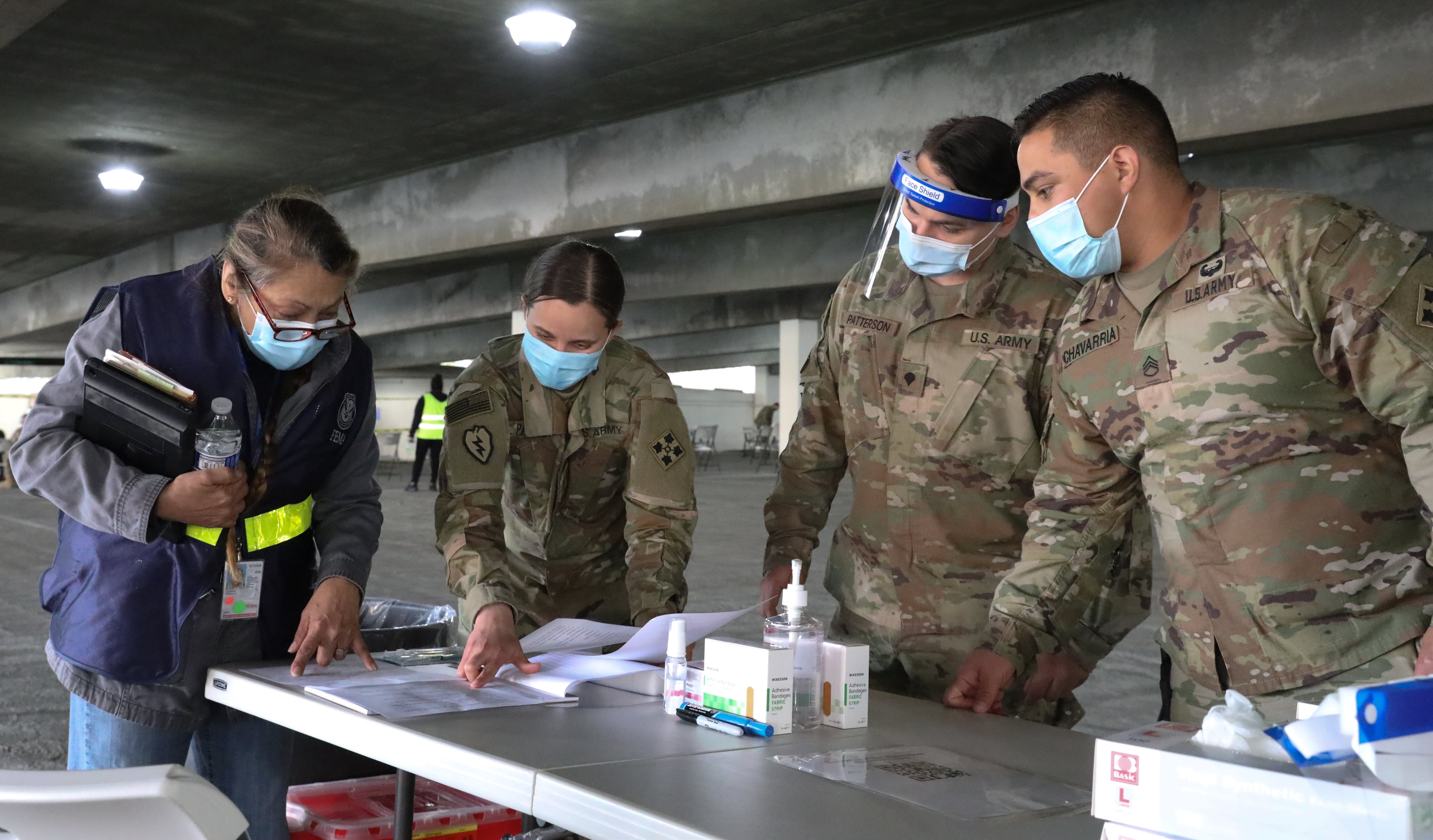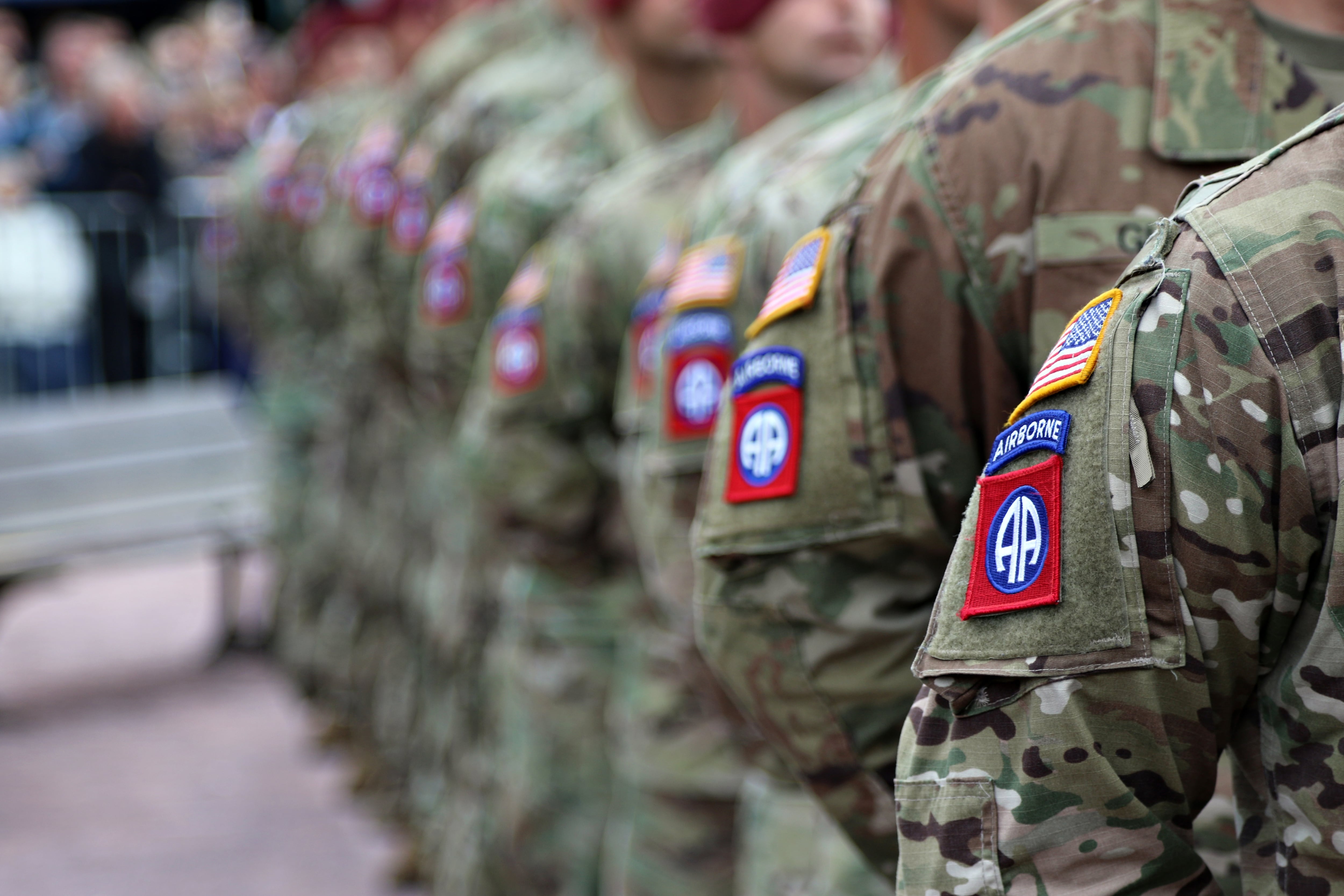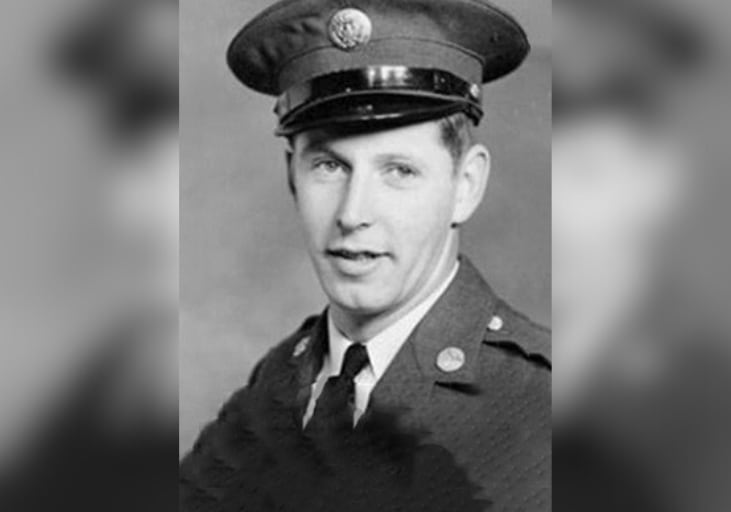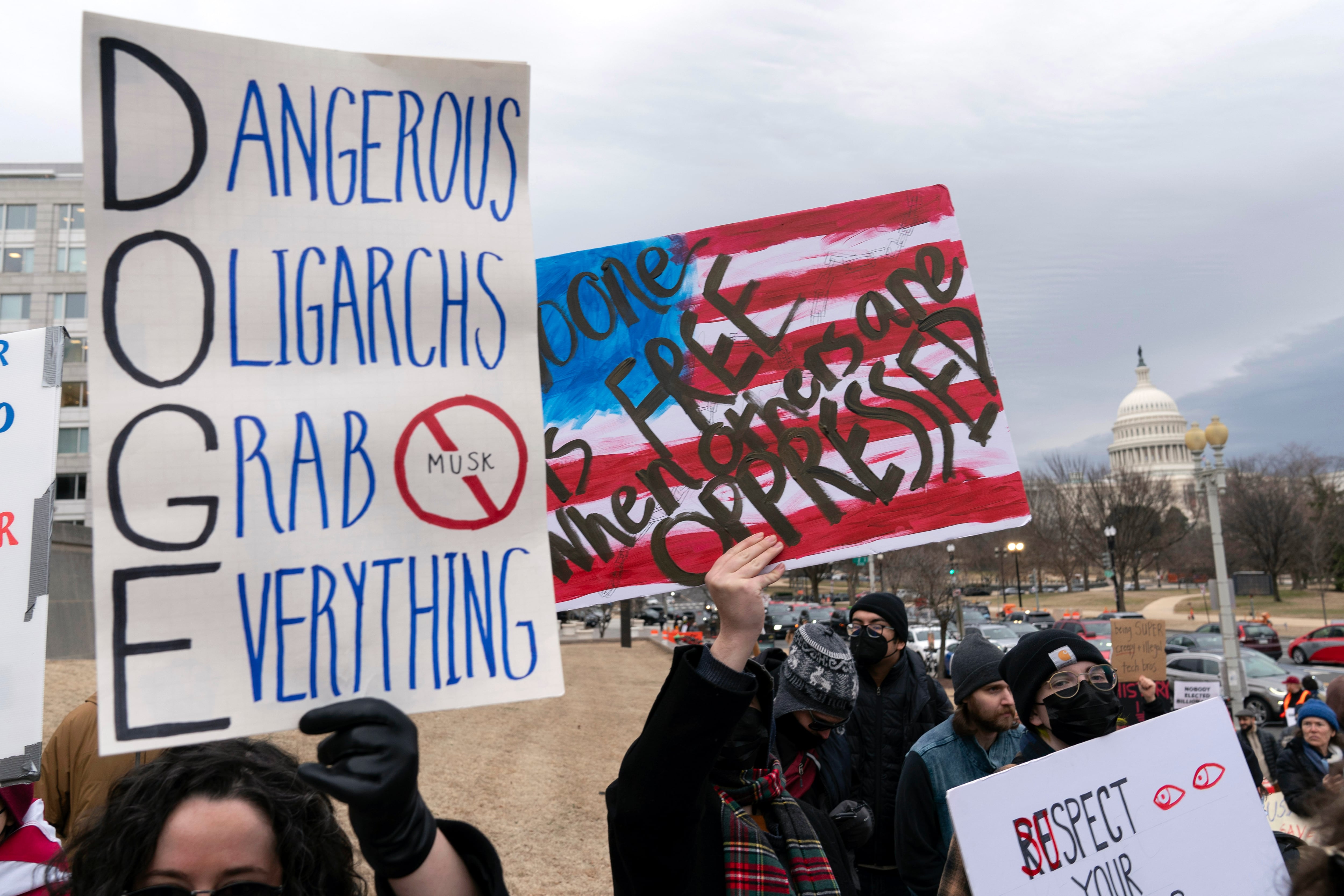BOSTON — Massachusetts Gov. Charlie Baker announced Tuesday he will activate up to 500 members of the National Guard to support understaffed hospitals across the state facing a surge of COVID-19 patients and to bolster non-emergency medical transportation needs.
Up to 300 Guard members will begin training this week to provide nonclinical support at 55 acute care hospitals and 12 ambulance service providers, Marylou Sudders, state Secretary of Health and Human Services said at a news conference. They will be deployed Dec. 27.
The goal is to ensure that hospitals have sufficient capacity to care for both COVID-19 and non-COVID-19 patients.
“There’s no question the next few weeks will be enormously difficult for our health care community,” the Republican governor said.
RELATED

The Guard members will provide support in five critical areas identified by hospitals and ambulance services: non-emergency transportation between health care facilities; observing patients at risk for harming themselves; security and helping to maintain a safe workplace; moving patients within hospitals, such as bringing them from their rooms to tests; and delivering meals to patients in their rooms.
“This will allow hospitals to free up clinical staff to provide higher levels of care to those who need it,” Sudders said.
In addition, the state Department of Public Health on Tuesday directed all hospitals effective Dec. 27 to postpone or cancel all nonessential elective procedures likely to result in admission.
The state’s health care system faces a staffing shortage that has contributed to the loss of about 500 medical/surgical and ICU hospital beds this year, at a time when patient levels are on the rise, the office said.
The help was welcomed by the Massachusetts Health & Hospital Association.
“The measures taken by the state today reflect how critical our circumstances have become in Massachusetts, and they have the full support of MHA and our members,” President and CEO Steve Walsh said in a statement.
With the holiday season here, he urged people to wear masks, get vaccinated and boosted, get a flu shot, and to seek care from their doctor or urgent care center if not facing a medical emergency.
Massachusetts also updated its masking advisory, recommending that everyone, regardless of vaccination status, wear a face covering in indoor, public spaces.
While there is no statewide mask mandate, many cities and towns, including Boston, require masks in indoor public spaces.





